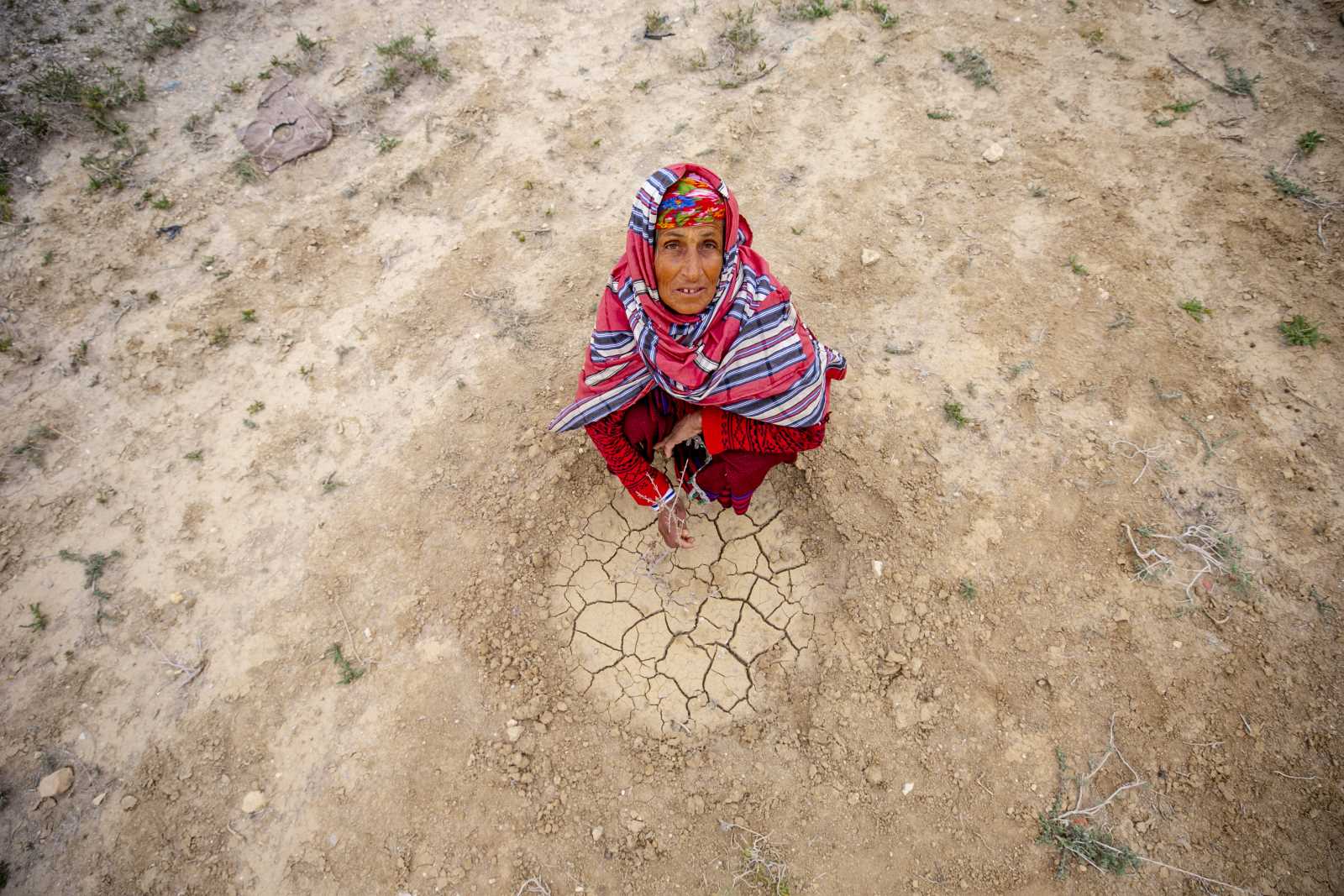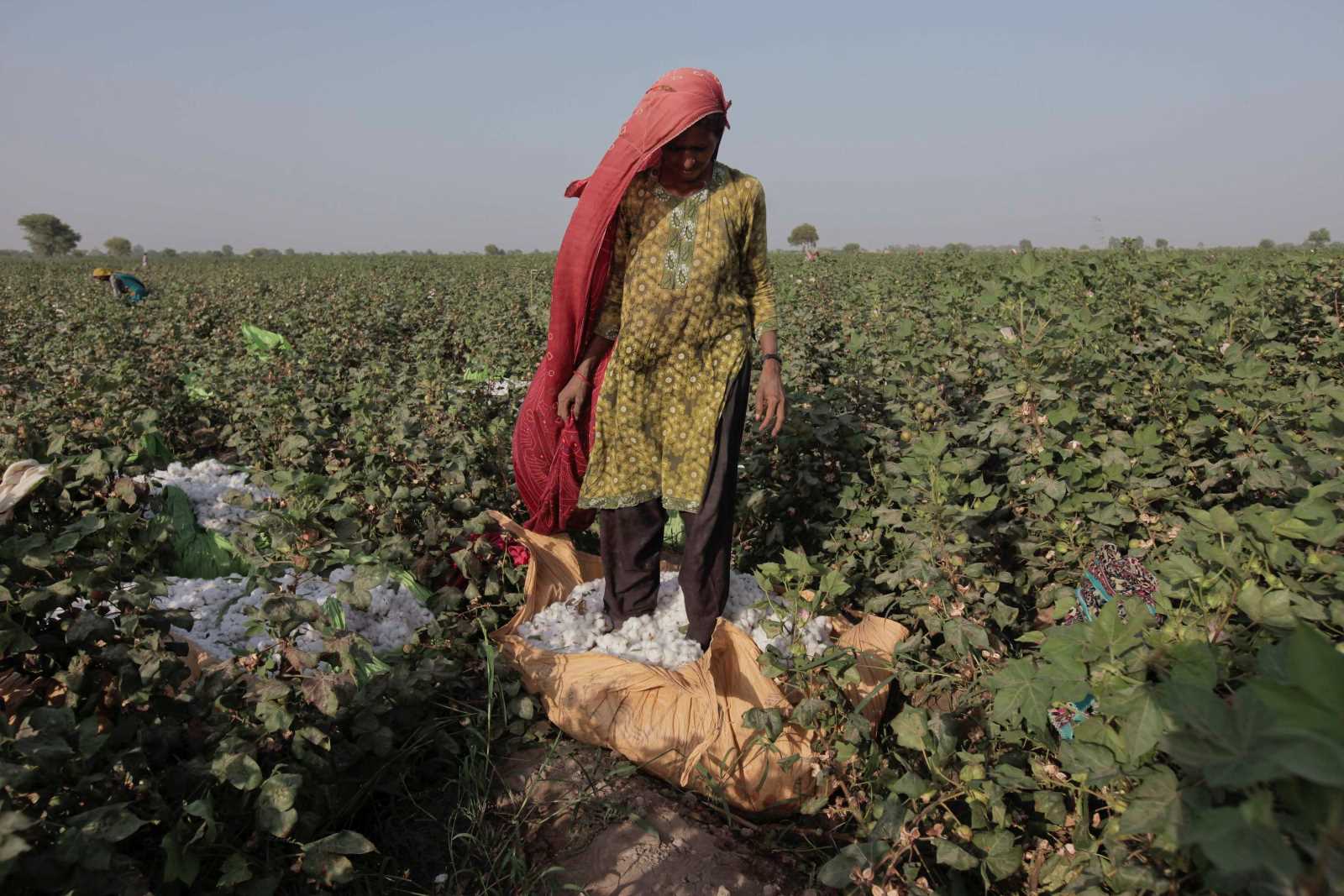Blog
Serving the bottom of the pyramid

I have just come back from a short trip to Kenya. DEG, the KfW subsidiary that promotes private-sector activity in developing countries and emerging markets, had invited me and several other German journalists to visit some of the projects it is involved in. I plan to publish contributions by people I met there later this year, but I would like to share some impressions right away.
We visited two companies that are using digital technology to make a difference in poor people’s lives. They both have a monthly turnover that is equivalent to about $ 1 million to $ 1.2 million. They were both started a few years ago and have grown fast. Twiga is a B2B platform that links informal retailers to smallholder farmers, and Copia is an e-commerce firm that serves customers in remote villages. In this blog post, I’ll give you a rough idea of what they are doing.
African cities are growing fast. Urban planning is not keeping up. One consequence is that informal shops serve the vast majority of consumers. Twiga is making life easier for informal grocers. The company delivers bananas, potatoes, tomatoes and various other goods directly to the shops by truck. The trucks are operated by a team of two persons. They visit the shops daily. When they deliver the goods, the retailer can order what he wants to get the next day. Payments are made in cash or by mobile phone, which is possible thanks to Kenya’s by now world famous M-Pesa system.
The great advantages for the retailers are:
- they do not have to provide the merchandise from wholesale markets,
- that the perishable goods are fresh and thus still have a long shelf life when they arrive at the shop and
- that Twiga grants them microcredits to optimise their business.
In Nairobi, Twiga is thus supporting informal businesses and improving the food supply of consumers in general. At the same time, the company has an important impact on rural development. It sources fruits and vegetables from smallholder farmers who benefit from long-term contracts. Twiga ensures that the supply chain is more efficient than it would be if farmers and retailers relied on the wholesale system.
According to a rule of thumb, 50 % of harvests are lost in developing countries because of inefficient supply chains and inadequate storage facilities. Twiga claims to have reduced that share to mere seven percent. The management expects to expand operations to Mombasa and later to Dar es Salaam in the not-too-distant future.
Copia’s business model is similar. The idea is to give disadvantaged village people consumer choices that go beyond what is on offer in small, informal stores. Typically, these people do not have internet access, nor can they rely on postal services.
Copia’s approach is to cooperate with agents. All orders can be made by simple mobile phones. The end customers place orders with the agents, and the goods are delivered to the agent’s shop. Typically, customers will live within 5 km of the shop. Instead of making long trips to the nearest town when they want to make major purchases, they can now have the goods delivered close to their homes. Copia sells a wide range of products from staple foods like rice to kitchenware, furniture, electronic goods, farm tools and even construction materials. The prices are comparatively low, and customers’ transaction costs (especially travel expenses and time) are reduced dramatically.
According to the management, Copia has now reached the size that allows it to start importing manufactured consumer goods directly from China. It expects that it will thus be able to further lower prices for end consumers, which in turn will enable Copia to expand sales and market share. Just like Twiga, Copia uses M-Pesa systematically and pays much attention to optimising the routes its delivery trucks take. To some extent, Copia cooperates with micro-finance institutions like local savings cooperatives.
Copia’s network of agents now covers several counties around Nairobi. The company plans to expand further into western Kenya and on to Uganda.
Links
Copia
https://copia.co.ke/
Twiga
https://twiga.ke/












